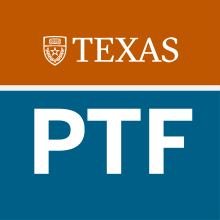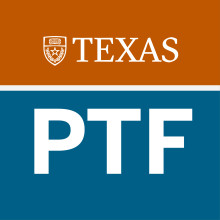Individual Fellow Initiatives

Does Increasing Course Depth While Reducing Breadth Improve Learning in College Students?
Student-centered learning strategies have been effectively used to increase academic performance and learning in students. Educators have hypothesized that course content reduction can also improve student learning. However, support for this idea is lacking. In the present project, I am planning to assess whether a content reduction strategy increases the academic performance of upper-division stem students at the University of Texas-Austin.

Compassionate Pedagogy and Experiential Learning
The primary goal of this project is to enhance student engagement and participation in the learning environment, especially those who have may have been marginalized by conventional approaches to teaching. This project aims to support, encourage, and train faculty to incorporate compassionate pedagogy (CP) and experiential learning (EL) into their teaching, with the goal of promoting student connection and faculty creativity.

Disability Justice as Pedagogical Practice
Within social work curriculum, the topic of disability is either explicitly absent or medicalized. The lack of a rich understanding of disability as a cultural experience that intersects with other cultural experiences is concerning given our ethical guidelines of cultural competence and equity. Additionally, not only are students excluded via this omission, but so are faculty, staff, and social workers working in the field. Approximately a quarter of the population identifies as having a disability, yet our curriculum barely acknowledges their experiences.

Offering Real-World Opportunities for Students Enrolled in Statistics and Data Science Undergraduate Research
The primary goal of this community-based service project is to provide experiential learning opportunities for undergraduates interested in statistics and data sciences while supporting the broader Austin-area community. Coordinating with local organizations, students enrolled in some of our SDS courses are gaining hands-on experience in data analysis while exploring authentic contexts. This innovative and collaborative effort provides a community-based model that allows students and local organizations to co-develop and answer real-world research questions.

